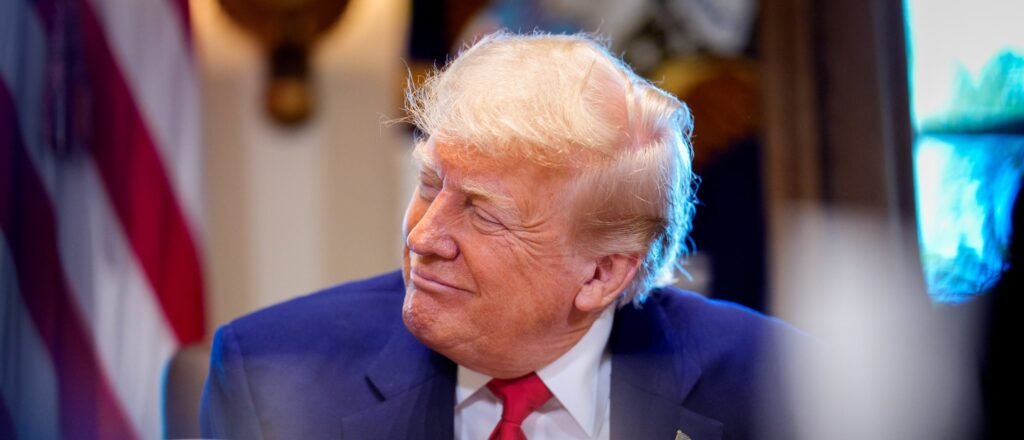US Government Reports $27 Billion Budget Surplus in June
The US government saw a budget surplus of $27 billion in June, according to data that was released by the Treasury Department on Friday.
This surplus is largely attributed to an increase in revenue, particularly from tariffs. The customs receipts for June were notable, as they were some of the highest recorded in recent years. It appears that the improving tariff revenue aligns with President Donald Trump’s ongoing efforts to raise tariffs against various countries, which he claims are engaging in unfair trade practices.
Interestingly, alongside this revenue boost, government spending decreased by 27% in June, dropping down to $499 billion from $687 billion in May. This $27 billion surplus stands in stark contrast to the $316 billion deficit reported in the previous month.
Year-over-year, tariff collections reached a substantial $113 billion, marking an 86% increase compared to last year. Back in April, Trump made a bold declaration about tariffs existing in virtually every country, only to later announce a temporary suspension that lowered many rates to 10%. Plans for new tariffs on items like iron and aluminum have also been mentioned.
Treasury Secretary Scott Bescent recently stated that tariff revenue could be on track to hit $300 billion by the end of 2025. Trump has touted tariffs as a way to not only adjust trade but also bring in revenue, suggesting that tariff income could potentially replace income tax down the line. His administration indicates that more increases are set for countries that haven’t finalized trade deals with the US.
Currently, only a few countries, including the UK, Vietnam, and China, have settled deals with the Trump administration. Furthermore, recent communications from Trump to various international leaders outlined tariffs expected to begin on August 1st, should transactions remain unresolved. Among major partners, he has hinted at imposing tariffs of 50% on South Korea and Japan, and 35% on Canada.







